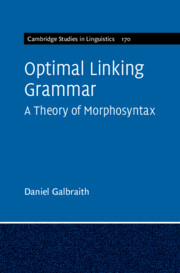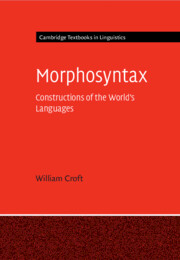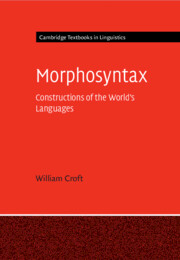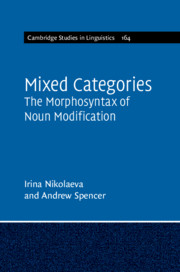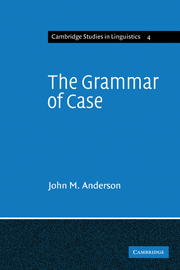Optimal Linking Grammar
Supported by data from linguistic fieldwork conducted in the Faroe Islands and Iceland, this book presents a pioneering approach to syntactic analysis, 'Optimal Linking Grammar' (OLG), which brings together two existing models, Linking Theory and Optimality Theory (OT). OT, which assumes spoken language to be based on the highest-ranking outcome from a number of competing underlying constraints, has been central mainly to phonology; however its application to syntax has also gained ground in recent years. OLG not only provides a robust account of case-marking phenomena in Faroese and Icelandic; it also explains a wide range of sentence types, including passives, ditransitives, object shift, and word order variation. The book demonstrates how OLG can resolve numerous issues in competing theories of formal syntax, and how it might be successfully applied to other languages in future research. It is essential reading for researchers and students in syntax, morphology, sociolinguistics, and European languages.
- Provides extensive formal definitions and descriptions of a new theory, Optimal Linking Grammar
- Demonstrates the validity of an alternative approach to syntax through substantial empirical support
- Lays out new data from Faroese and Icelandic in comprehensive detail, with theoretical analysis of each set of results
Product details
No date availableHardback
9781316516591
300 pages
235 × 158 × 22 mm
0.6kg
Table of Contents
- List of Figures
- List of Tables
- List of Abbreviations
- 1. Introduction
- 2. Case Study: Non-nominative Subjects
- 3. Overview of OLG
- 4. Faroese Dative Subjects
- 5. Competing Grammars
- 6. Faroese Passive
- 7. Ditransitives
- 8. Alternative Hypotheses
- 9. Syntax in OLG
- 10. Conclusion
- Bibliography
- Index.

